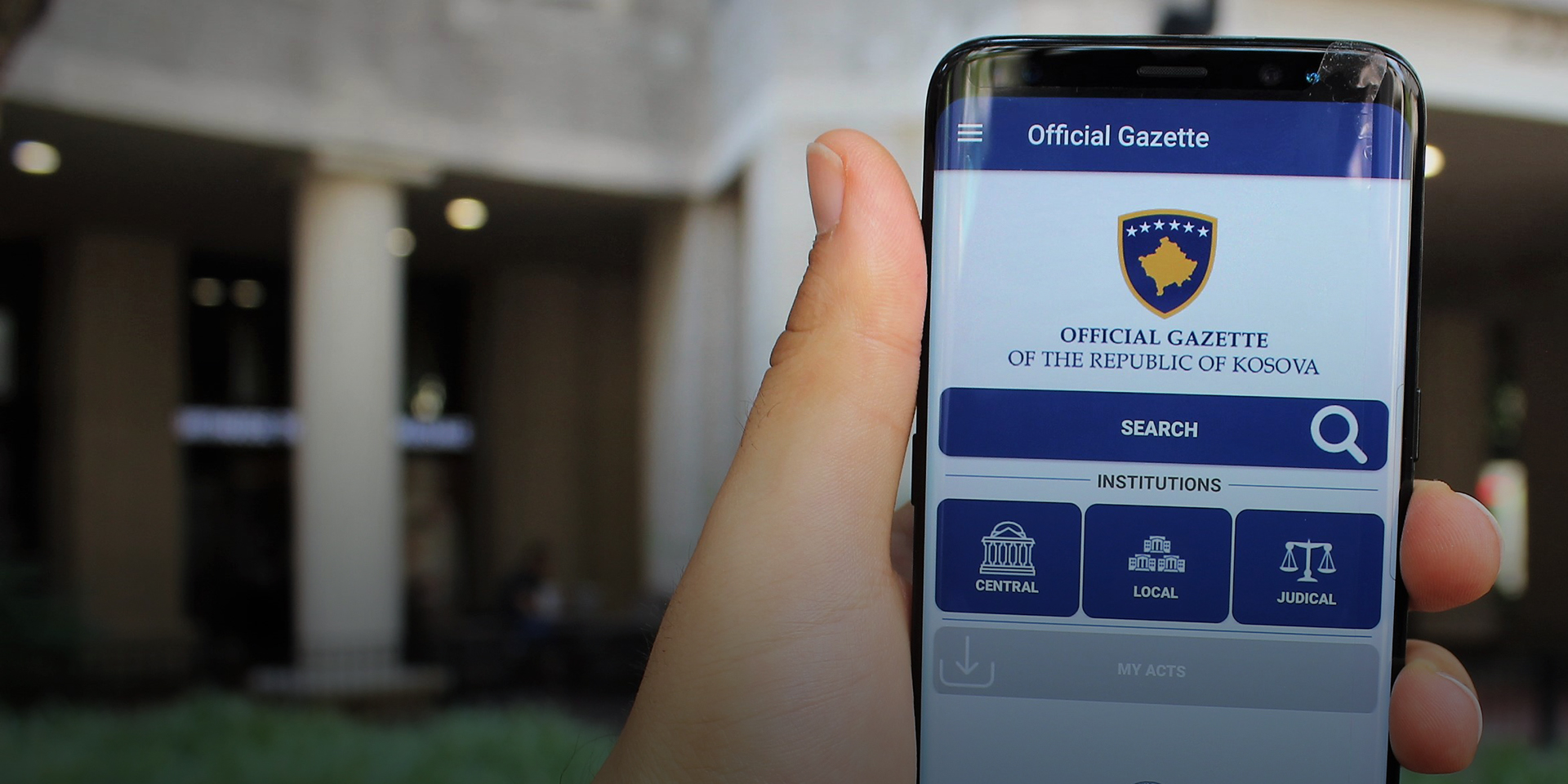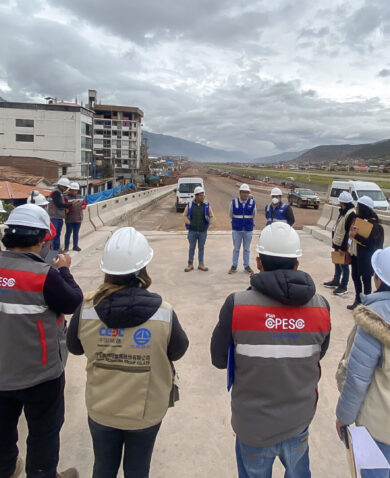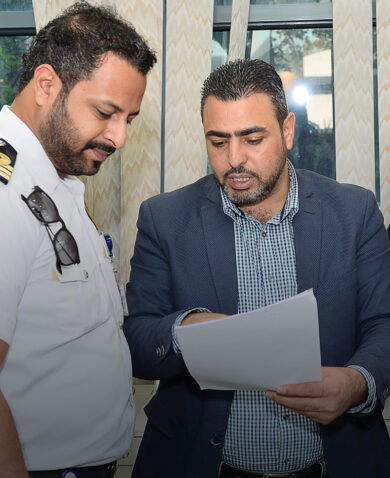The USAID Kosovo Partnerships for Development (PFD) project recently won Chemonics’ Technology for Development (Tech4Dev) contest with a database and mobile app that lets citizens access all of Kosovo’s laws in one place. Deputy Chief of Party Kreshnik Kurtishi and Legal and Regulatory Specialist Liridon Shurdhani explain.
How are you increasing transparency in Kosovo?
A fundamental element of good governance and rule of law is making the legal framework transparent and easily accessible to all citizens and businesses. This was not a common practice for governmental institutions in Kosovo after the war of 1999, and there was no centralized legal information database for legal acts issued by public institutions, requiring citizens and businesses to spend considerable time and energy searching for information.
This presented a significant challenge for citizens trying to understand their rights and obligations under the law. For example, an aspiring entrepreneur who wanted to know about all the applicable requirements and procedures for registering a business had to search for the relevant information in multiple sources, since there was no centralized, official database containing all needed information on the legal steps, requirements, and procedures to register the business.
Similarly, potential foreign investors faced a difficult challenge in trying to understand the legal and regulatory requirements they had to meet before investing in Kosovo, including all the applicable permits, licenses, and other authorizations that need to be obtained prior to making the investment.
USAID recognized this gap and since 2013, through the Chemonics-implemented Business Enabling Environment Program and Partnerships for Development project, worked with the Office of the Prime Minister of Kosovo to develop and later upgrade a free online legal information database: The Official Gazette of Kosovo online database.
How does a database of legal information strengthen the rule of law?
It is difficult to talk about the rule of law unless all citizens have full, free, and unrestricted access to the law.
Access to accurate information on the current legal requirements applicable to citizens and market participants, at any given time, is a precondition for a law-based society, and ensuring that such legal and regulatory requirements are applied in a transparent and uniform manner, free of any discrimination or unnecessary burden.
Furthermore, the database increases transparency by publishing all the legal acts adopted by the parliament and government at both the central and local levels. Transparency of institutions is a necessary condition for reducing corruption that may arise through arbitrary actions and undisclosed or conflicting legal requirements. This helps the media to hold government authorities accountable for their responsibilities and duties to citizens.

































